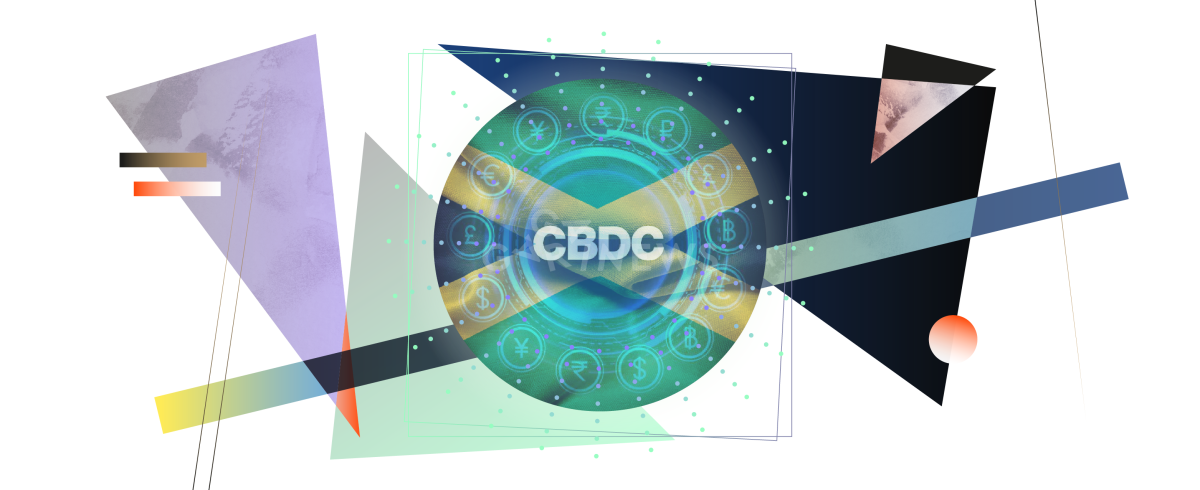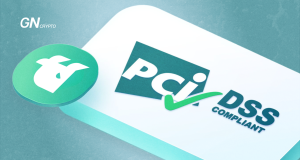Jamaica launches its own CBDC

Jamaica became the first country in the world in which the Central Bank Digital Currency (CBDC) became full-fledged money.
On this page
Using CBDC, you can make purchases, transactions, and payments. The leadership of Jamaica should not be confused with the case of El Salvador, which was the first to integrate fully decentralized bitcoin into its financial system.
The Central Bank of Jamaica received Senate approval to issue the Jam-Dex virtual token. The name can be confusing since decentralized exchanges are usually called “dexes” in the crypto world. Therefore, here is the correct interpretation of the Jamaican CBDC abbreviation: “Jamaica Digital Exchange”. Jam-Dex is denominated at the rate of 1:1 to the national currency (Jamaican dollar) and is freely convertible into paper notes and coins.
The pilot project was launched in August 2021 to showcase the country’s future digital economy. Higher security, convenience (no need to have a bank account), reduced operational costs, increased competition among payment providers, and increased availability of digital services are cited as positive results of the experiment.
Before its official implementation, the project was promoted by the National Commercial Bank (NCB) through its Lynk digital wallet. Now the mass connection of other financial institutions is also expected. The official website of the Bank of Jamaica has a special section with answers to the most popular questions about Jam-Dex.
In addition to Jamaica, 10 countries have already launched CBDCs. The island States of the Caribbean and Nigeria are among them. However, apart from Jamaica, none of these countries yet use CBDC as an official means of payment.
According to the Atlantic Council CBDC tracker, there are currently 109 countries at the research or development stage of a CBDC. These states represent more than 95% of the world’s GDP, so it can be argued that this is a global trend.
Source: atlanticcouncil.org
The content on The Coinomist is for informational purposes only and should not be interpreted as financial advice. While we strive to provide accurate and up-to-date information, we do not guarantee the accuracy, completeness, or reliability of any content. Neither we accept liability for any errors or omissions in the information provided or for any financial losses incurred as a result of relying on this information. Actions based on this content are at your own risk. Always do your own research and consult a professional. See our Terms, Privacy Policy, and Disclaimers for more details.


























